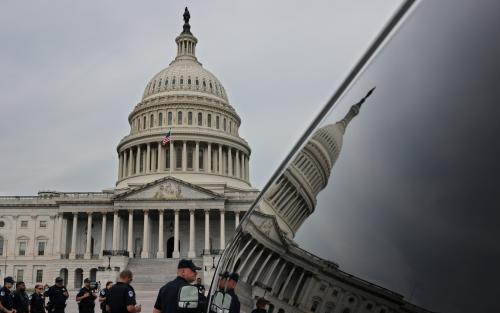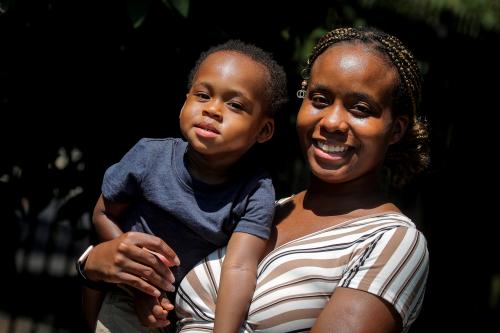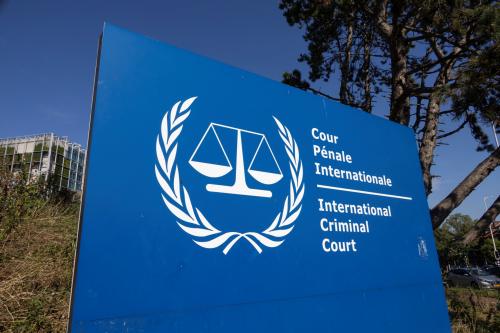By and large, liberal politicians in the United States—and the vast majority of Democrats—support the legalization of cannabis. Many have come to see the War on Drugs, especially cannabis, as a civil rights issue that has had devastating effects for African Americans. But the Democratic Governor of Delaware, John Carney, is not one of those. His veto of a cannabis-related criminal justice bill was a throwback to an earlier time.
During the current legislative session, the Delaware House and Senate voted on HB371. Unlike some of the legislation passed by liberal Democratic state legislatures in the past two years, this bill simply removed any penalty for individuals, aged 21 and older, found possessing or consuming one ounce of less of cannabis. The legislation allows the penalization, via a fine, for individuals possessing one ounce or less if those individuals are under the age of 21. The law also eliminates penalties on adults aged 21 and older who transfer or “gift” one ounce of cannabis or less.
The law does not set up the type of commercial cannabis operations seen in more than a dozen states that have legalized cannabis for adult-use. Nor does the law facilitate the possession or use of cannabis by minors. Instead, it restricts the ability of the state to make money off of adults who possess small amounts of cannabis for personal use or want to transfer small amounts of cannabis for adults who seek to do the same.
In his veto message, however, Governor Carney trots out the tried and true tropes of the drug war that are either based on a lazy misunderstanding of the legislation or that protects the interests of the precise apparatus that has used drug laws to enrich themselves and hobble communities of color. First, Gov. Carney notes, “I do not believe that promoting or expanding the use of recreational marijuana is in the best interests of the state of Delaware, especially our young people.” This legislation does nothing to promote or expand the use of recreational cannabis in that state. That argument could be used as a concern against a commercialized system with advertising that would promote use. This legislation deals only with criminal justice issues.
What’s more, Gov. Carney throws in the “especially young people” line that politicians who oppose cannabis reform vacantly use to justify their outdated position. This legislation specifically included an exception to the removal of penalties: minors. Minors still face fines for possession and use, and this legislation does not promote or expand use among that subpopulation.
Instead of framing his position with a “let’s save the children” canard, Gov. Carney should be more honest with Delaware residents about what his position does promote. It promotes the police state. It promotes the power of police to penalize adults engaging in conduct that is perfectly legal in more than a third of American states. It promotes the continued racially biased drug war that have kept communities of color down for generations. This position does not save children; it promotes racism.
A later passage in Gov. Carney’s veto statement clarifies this. He notes that “serious law enforcement concerns remain unresolved.” On that point, he is right. Law enforcement uses simple possession of cannabis as grounds for further searches and seizures. It also uses drug laws to bring in fines and court fees and to target communities of color. Law enforcement officials in many states oppose weakening cannabis laws because it cuts into their ability to use the power of the state to harm specific communities in specific ways.
While law enforcement concerns remain unresolved, Americans’ concerns about cannabis have broadly dissolved. The vast majority of Americans support cannabis legalization. And the vast majority of Delaware legislators supported HB371. The House passed the legislation 26-14; the Senate passed the legislation 13-7; each chamber had one member absent for the vote. But, rather than supporting the public will, the Governor of Delaware opted instead, to support the racially discriminatory War on Drugs. The failure to understand the consequences of those actions for a population that is nearly 40% Latino and/or non-white shows that many elected officials hold on to aged belief systems despite significant data and analysis to the contrary.
The governor’s veto comes on the heels of a racially-motivated incident involving a Delaware women’s lacrosse team in Georgia in April. The team bus from Delaware State University—an HBCU—was pulled over on a Georgia highway and police officers searched the entire bus, with one officer noting, “there’s probably some weed.” The officers referenced “marijuana” multiple times during the stop.
Governor Carney responded to this incident angrily. He stated, “Moments like these should be relegated to part of our country’s complicated history, but they continue to occur with sad regularity in communities across our country. It’s especially hard when it impacts our own community.” That day, Gov. Carney sided with the rights of individuals—especially Black individuals—not to be harassed by police using the foundation of our nation’s drug laws. Today, he sided with law enforcement and their ability to target people of color in precisely the same way the Delaware State women’s lacrosse team was. The veto statement for HB371 speaks volumes louder than his defense of his own state’s college students.
The Brookings Institution is committed to quality, independence, and impact.
We are supported by a diverse array of funders. In line with our values and policies, each Brookings publication represents the sole views of its author(s).








Commentary
Delaware shows the War on Drugs lives on in liberal enclaves
May 24, 2022